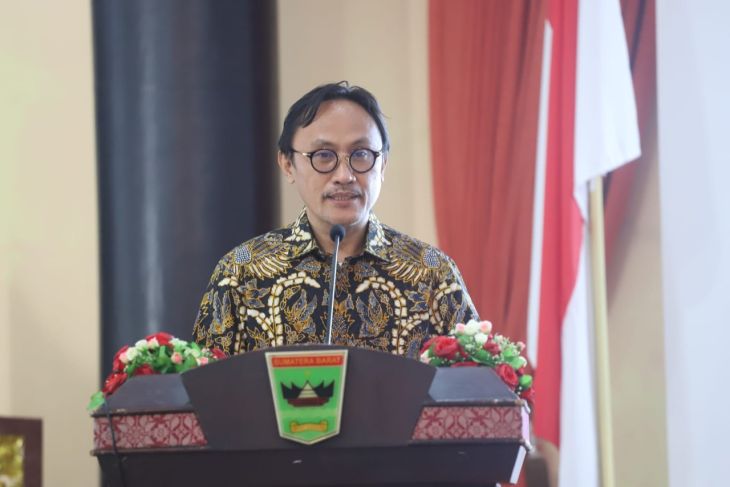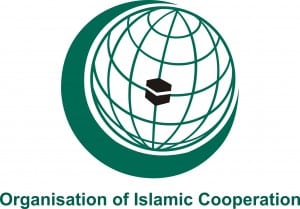By Vijaya Menon
KUCHING:
Companies that invest in the agriculture sector enjoy 10 years of
pioneer status but not many appear to be aware of this tax exemption,
said Deputy Minister of Agriculture and Agro-Based Industry Datuk
Rohani Abdul Karim.
|
“This incentive has been there all the time but not many people are
aware of it. We can give a 10-year pioneer status because agriculture
sector is the focus now,” she said.
Rohani told reporters this after witnessing the signing ceremony for
the execution of legal documents for granting of licence to occupy
between Sarawak Timber Industry Development Corporation, Tanjung Manis
Food and Industry Park Sdn Bhd, Halal Industry Development Corporation
and Sea Party Group yesterday.
She believed that agriculture was one sector that would make
Malaysia known in years to come because agriculture products were
always in demand.
“If we don’t sell or export our products, we still can use the
products ourselves. And with many countries facing food shortages, it
is wise that we grow our own food and become an exporter of good food,”
said the deputy minister.
She said Tanjung Manis would not only become a hub for good food but
also a hub of halal food with ISO 2000 certification that was accepted
internationally.
Commenting on the participation of Sea Party Group in Tanjung Manis
Halal Park, Rohani said with the Taiwanese investments, more
technologies would be introduced into the country.
“This really fits nicely into the government’s programme to make Tanjung Manis Halal Park a halal food hub.”
She said the aquaculture and fishery industry had been identified as the main stay of the park and with
the presence of deep sea fishing port in Tanjung Manis, the venture
between the government and Sea Party would complement each other.
Apart from aquaculture and fishery, Rohani said padi was another
important commodity that should be given due attention, adding that 70
per cent of it in Sarawak was imported.
Sabah and Sarawak, according to the deputy minister, had the potential to practise large-scale padi farming.
“It requires a lot of money to plant padi on large scale but in view
of the crisis, it is better to spend more money in planting padi to
meet the local demand and the rest for export.”
She said agricultural planning had to take place early.
Planning for the next 10 or 20 years had to start now because in
agriculture every process took a long time before one could enjoy the
benefit.
“Everything takes time. We have to plant and rear, but with good agricultural practices we can sustain it for many years.”
Meanwhile, Taiwanese company, Sea Party Group is looking forward to
expanding its involvement in the Tanjung Manis Halal Park to include
padi plantation.
Its chief executive officer, Dr Ray Ling, when met yesterday, said
the company would consider padi plantation in its future investments in
the park.
He pointed out that in the first phase of its investment, they would
be developing six fields – chlorella industries and biotech prawn
farming, eel farming, marine fish, biotech chicken and egg production,
feel milling and downstream processing industries.
“In Phase One we have six industries and in the following phases, we
will add in more industries depending on the requirement. One of it is
padi,” he said.




